English | Size: 1.06 GB
Category: Tutorial
Red Hat Ansible Engine 2.8 DO417 : Microsoft Windows Automation with Red Hat Ansible
Learn how to automate administration on Windows Server to enable your DevOps workflow
Microsoft Windows Automation with Red Hat Ansible (DO417) is designed for Windows Server professionals without previous Ansible® experience. You will use Ansible to write automation playbooks for Microsoft Windows systems to perform common system administration tasks reproducibly at scale. You will also learn to use Red Hat® Ansible Tower to securely manage and run your Ansible playbooks from a central web-based user interface.
This course is based on Red Hat Ansible Engine 2.8, Red Hat Ansible Tower 3.5, and Windows Server 2016 and 2019.
Course content summary
Configure Microsoft Windows systems to be managed with Ansible.
Create and manage inventories of managed hosts and provide credentials to manage them to Red Hat Ansible Tower.
Write Ansible playbooks to consistently automate multiple tasks and apply them to managed hosts.
Run individual ad hoc automation tasks and complex playbooks from Red Hat Ansible Tower.
Create survey forms in Red Hat Ansible Tower to simplify playbook operation.
Parameterize playbooks using variables and facts.
Write and reuse existing Ansible roles to simplify playbook creation and reuse code.
Leverage existing PowerShell DSC code to extend the power of Ansible automation.
Automate common Windows Server system administration tasks using Ansible.
Audience for this course
Windows Server administrators interested in automating management tasks and in using automation tools to implement their DevOps workflow.
Prerequisites for this course
You are expected to have experience as Windows Server administrators, but no previous experience with Red Hat Ansible Automation or Linux® is required.
Technical requirements
This class will require internet access.
You will be expected to “bring your own device” (BYOD).
Your device must be installed with a Remote Desktop Protocol (RDP).
If you are running Microsoft Windows, you should have Microsoft Remote Desktop installed.
If you are running macOS, you will need to install Microsoft Remote Desktop for Mac (by Microsoft) from the App Store.
If you are running Linux, you may install Remmina from their distribution (if available) or following instructions at https://remmina.org (if not). If they prefer, they may instead install the FreeRDP clients from their Linux distribution (in the freerdp package in Red Hat Enterprise Linux).
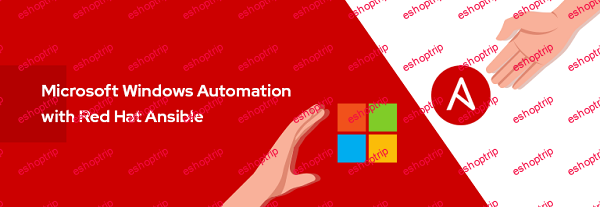



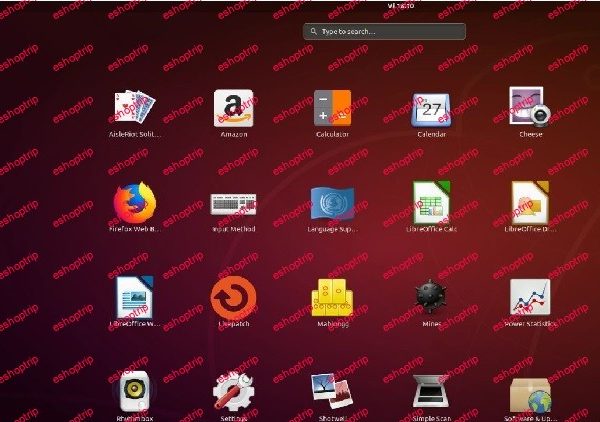
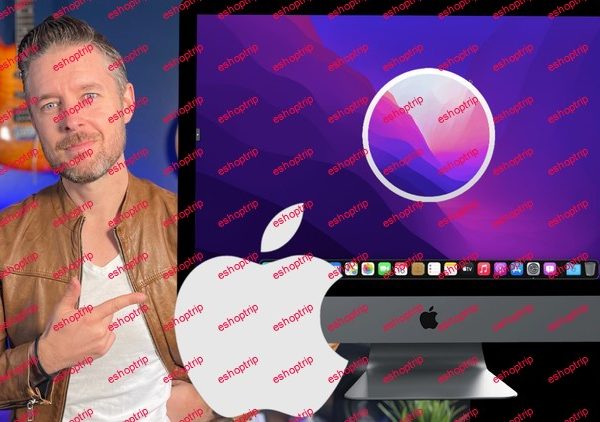
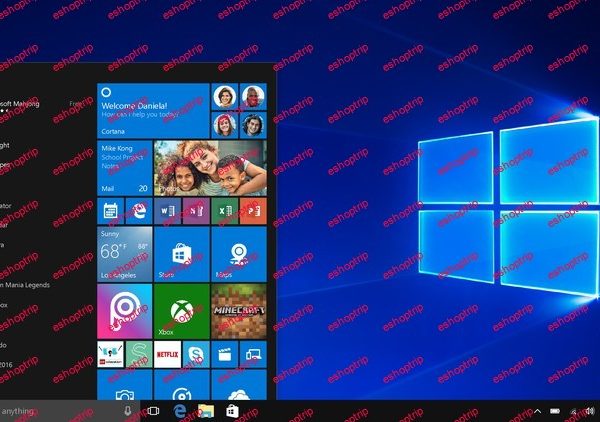


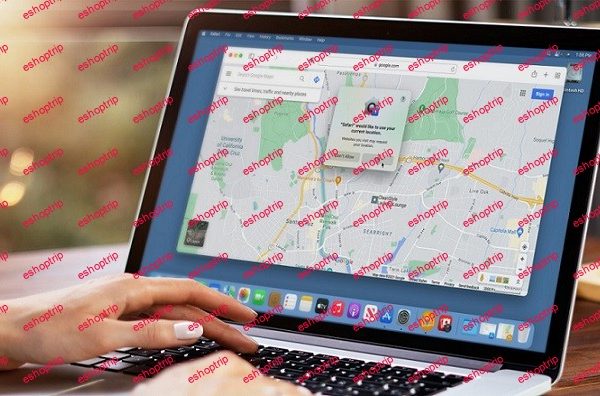
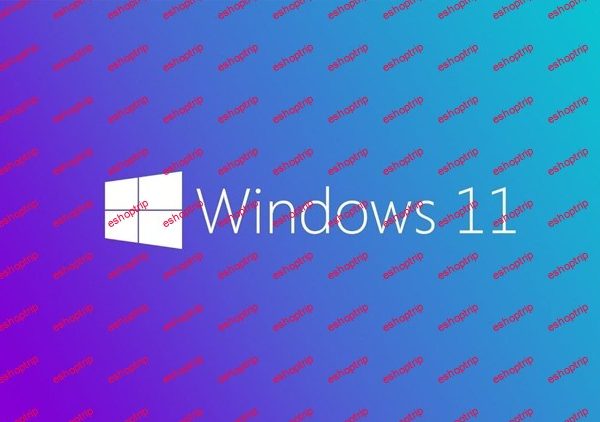
Reviews
There are no reviews yet.